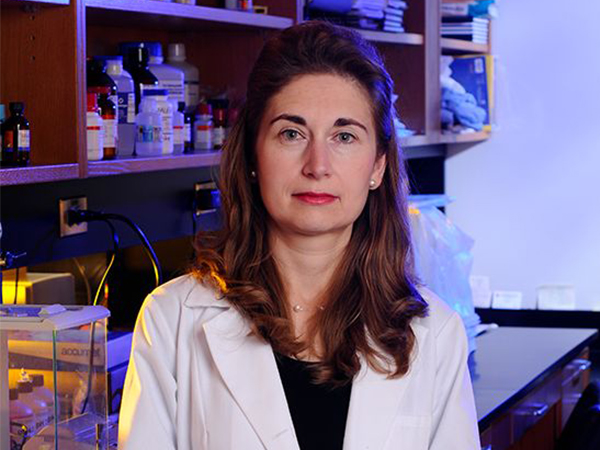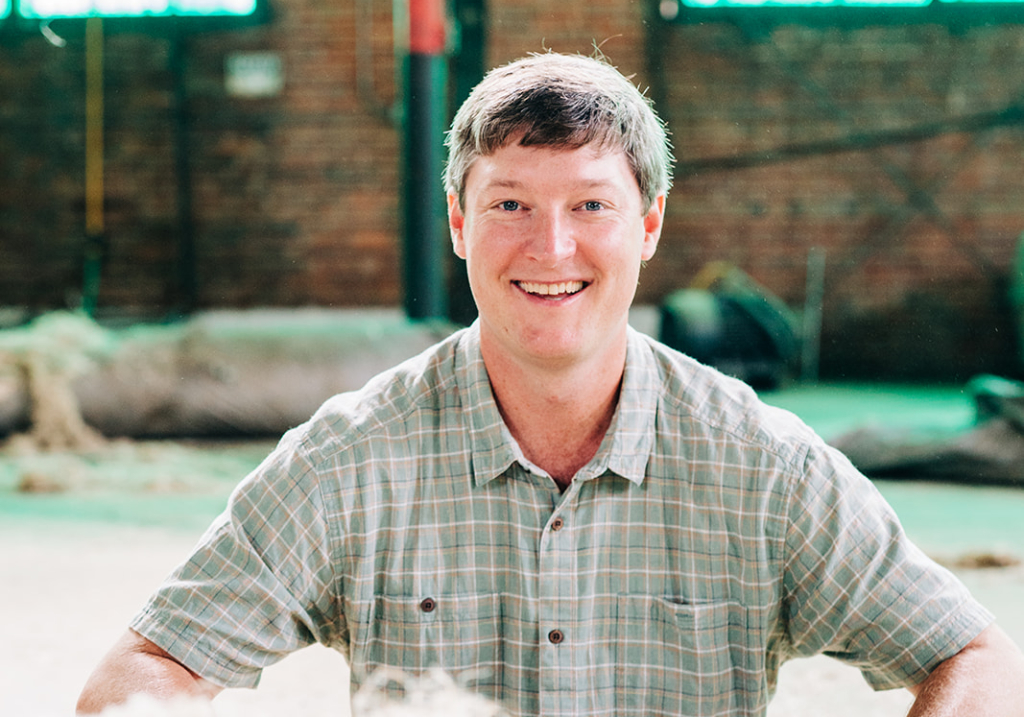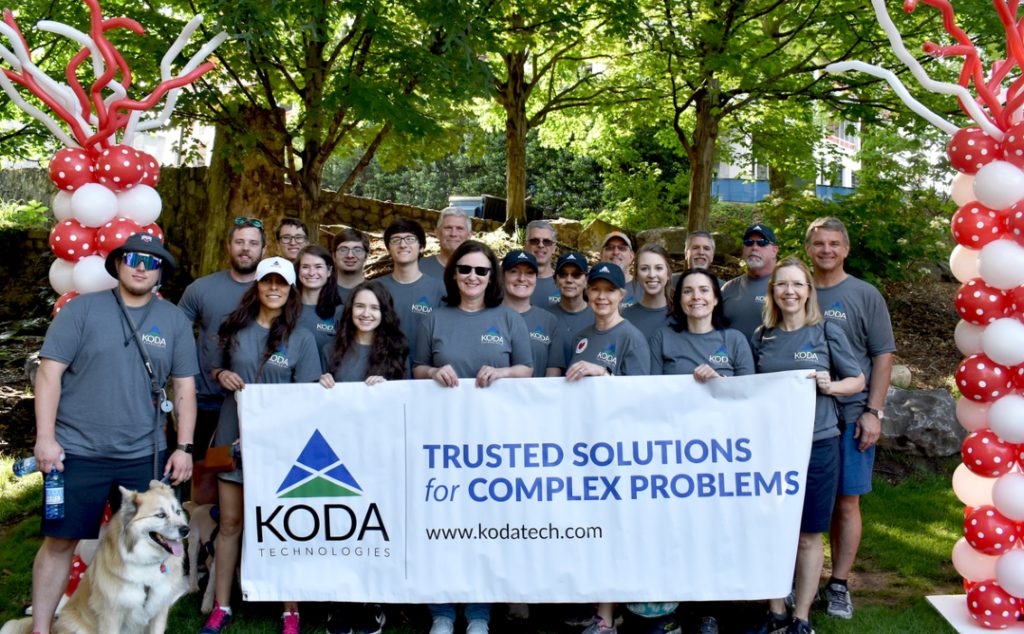July 24, 2025 · Innovators
Where Discovery Meets Delivery: The Alabama Origin Story of TIXiMED
Dr. Anath Shalev never expected her research to leave the lab, much less launch a company. For years, her focus remained on the science, unraveling the biology of diabetes one molecular pathway at a time. But after decades of studying a single protein and confronting the limits of what academia could offer, she made an uncommon move for a career researcher. While continuing her important work at the university, she took a step into the world of biotech to translate her research into practical applications for patients.

In 2021, that leap became official. Shalev launched TIXiMED, a University of Alabama at Birmingham (UAB) spinout focused on turning her discovery into a practical treatment. The company’s lead compound, TIX100, offers a new approach to managing Type 1 diabetes by targeting the disease at a cellular level rather than just controlling symptoms. In early 2024, the Food and Drug Administration granted clearance for the drug to enter its first human clinical trial, moving it one step closer to patients.
“Because TIX100 is taken orally, it has the potential to ease the burden of the daily insulin injections or infusions that people with Type 1 diabetes rely on. We’re pleased to see the trial progressing as planned and look forward to evaluating results from additional future human studies.” – Dr. Anath Shalev, founder of TIXiMED and director of UAB’s Comprehensive Diabetes Center
The drug targets a protein called TXNIP, which Shalev first identified in 2002 while studying how elevated glucose levels affect pancreatic beta cells. Her lab found that TXNIP plays a key role in the death of beta cells, the insulin-producing cells damaged in Type 1 diabetes. Over time, her team showed that blocking TXNIP helps preserve beta cell function, slow disease progression and improve glucose control in animal models of Type 1 and Type 2 diabetes.
Early studies in humans used verapamil, a blood pressure medication, to modestly inhibit TXNIP as a proof of concept. But the long-term objective was always more precise: to develop a compound built specifically for this mechanism. That compound became TIX100.
Although the science was compelling, moving the drug toward patients required a shift in strategy. Shalev partnered with Michael Goodrich, principal at Birmingham-based First Avenue Ventures, to co-found TIXiMED. Together, they brought on a lean team with the regulatory, clinical and operational expertise to move TIX100 forward. By the end of 2023, the company had completed the safety and toxicology studies needed to secure FDA clearance for clinical trials.
The trajectory of TIXiMED reflects more than scientific perseverance. It also speaks to the changing landscape of innovation in Alabama. As state and local partners invest in moving university research from lab to market, startups like TIXiMED are beginning to grow — and stay — in Alabama. Through InvestAL, a venture capital program funded by the U.S. Treasury’s State Small Business Credit Initiative (SSBCI), Innovate Alabama provided early-stage support that helped TIXiMED advance its work and prepare for future growth.
“Bringing a novel drug through clinical trials is one of the most ambitious things a startup can do,” said Charlie Pond, executive director of SSBCI. “TIXiMED is proving that Alabama can be a launchpad for breakthrough therapies. We want to support more companies that are grounded in research, solving problems that matter and growing where the work began.”
Backed by Innovate Alabama, a $2.65 million program-related investment in the form of a loan from The Leona M. and Harry B. Helmsley Charitable Trust , and funding from other strategic investors, TIXiMED completed its Phase 1a trial of TIX100 in May 2025, demonstrating safety and tolerability as well as a first promising metabolic signal in human subjects, marking a key drug development milestone. Shalev and her team continue to prepare for subsequent phases including studying the drug in patients with Type 1 diabetes, while additional investment conversations remain underway to make these trials possible.
Beyond advancing TIX100, the company is helping shape a model for how academic discoveries can become viable therapies. At UAB, Shalev is contributing to broader efforts to make the path from research to application more accessible and repeatable. That includes guiding future innovators through the structural, regulatory and strategic steps required to turn complex science into treatments that reach patients.
“There’s no one-size-fits-all model. But if we can build a clearer roadmap, more breakthroughs can take root here and bring lasting value to the communities that helped make them possible.” – Dr. Anath Shalev
The progress of TIXiMED shows what can happen when strong research is supported by the right infrastructure. It illustrates how innovation can grow where it begins, guided by collaboration, informed by science and focused on real-world impact.
Get the Download
The latest stories of inspiration and innovation happening all around our state, right to your inbox.



